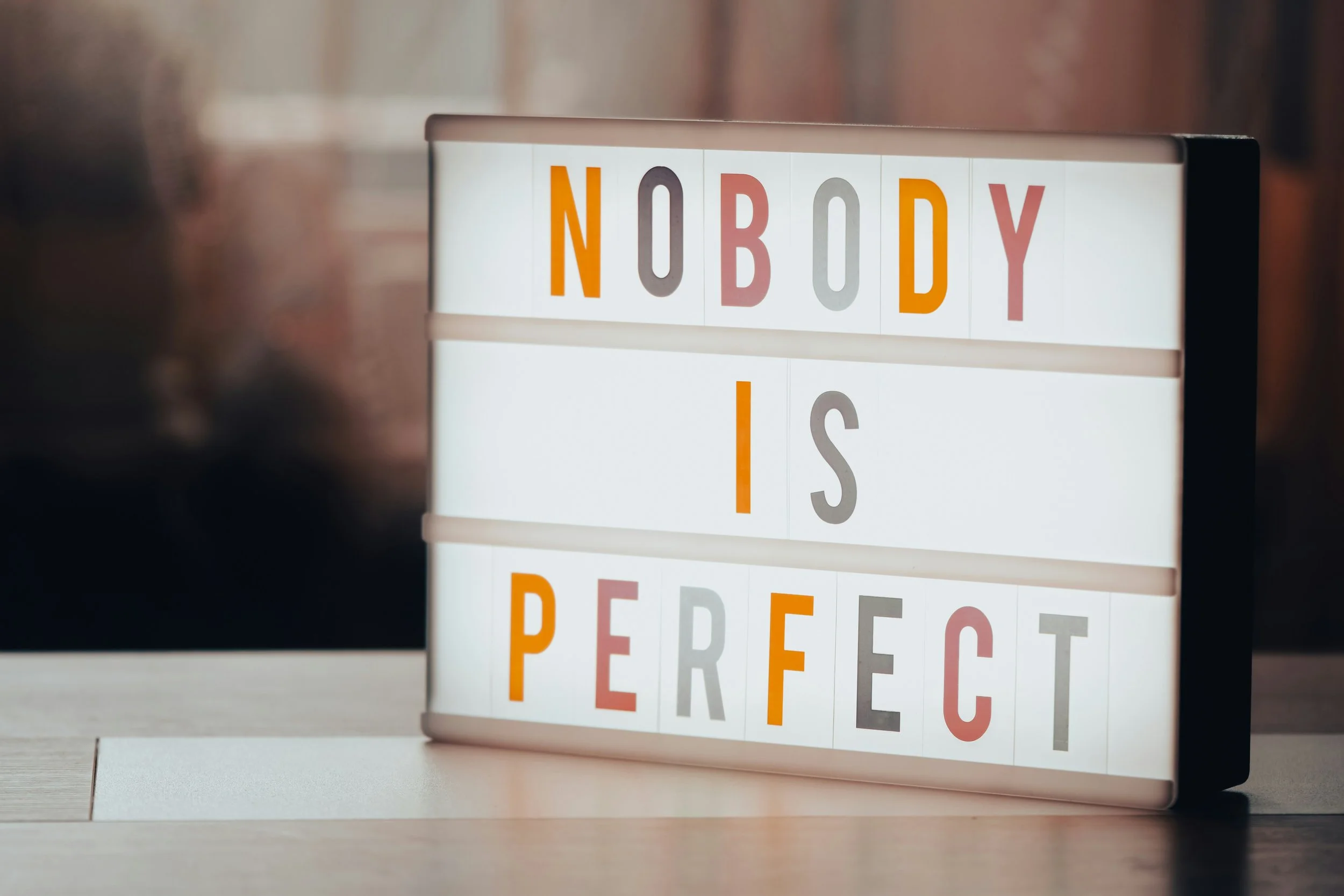The Wellness Diary
Insights, advice, new research, tips and tricks, and new resources to help you with your mental health journey.
Rest Guilt: Why Relaxing Makes You Anxious (And What to Do About It)
Do you feel guilty when you try to relax? If resting makes you anxious instead of refreshed, you may be experiencing rest guilt — a common but overlooked sign of high-functioning anxiety and burnout. Here’s why it happens and how therapy can help.
High-Functioning Anxiety: When You Look Fine but Feel Exhausted
You look fine on the outside — successful, capable, reliable. But inside, your mind never slows down. High-functioning anxiety is real, and therapy can help you find relief without losing who you are.
Digital Overload and Emotional Exhaustion: Why Screens Make Anxiety Worse
If you feel more anxious, wired, or emotionally exhausted after being on your phone, you’re not imagining it. Here’s how digital overload affects your nervous system — and what actually helps.
Postpartum Anxiety: The Signs No One Warns You About
Postpartum anxiety is common — and often misunderstood. Learn the signs no one talks about and when therapy can help you feel like yourself again.
Why Valentine’s Day Can Feel Lonely—Even in a Relationship
Feeling lonely in a relationship doesn’t always mean something is wrong. Learn what relationship loneliness really means, why it shows up around Valentine’s Day, and how therapy can help you reconnect.
Why Diet Culture Feels Louder Again | Healing Your Relationship With Food
As diet culture grows louder again, many people are experiencing increased anxiety, food noise, and comparison. Learn why this is happening and how healing is possible.
How to Cope When Everything Feels Overwhelming
When anxiety, stress, and relationship challenges pile up, everything can feel overwhelming. Learn practical coping strategies and when to seek support.
Why Anxiety and Perfectionism Often Go Together
Perfectionism-related anxiety can quietly increase stress, self-doubt, and emotional exhaustion. Learn how anxiety and perfectionism are connected and explore practical, therapist-informed strategies to manage worry, build self-compassion, and restore balance with support from Meridian Counseling.
Tips for Coping with Social Anxiety While Actively Experiencing It
Social anxiety can feel overwhelming in the moment, making everyday interactions exhausting and distressing. This in-depth guide explores what social anxiety is, why it happens, and—most importantly—how to cope with it while you are actively experiencing anxiety, with practical tips and professional insight from Meridian Counseling.
Building Stronger Bonds Through Playtime: A Parenting Guide to Connection and Mental Health
Play isn't just fun—it’s foundational. In this guide, we explore how play enhances parent-child bonds, supports emotional development, reduces stress, and boosts mental health. Learn how to use play as a daily parenting tool for deeper connection and happier families.
10 Transformative Ways Therapy Helps Heal Race-Based Traumatic Stress
Race-based traumatic stress affects individuals on emotional, physical, and generational levels. This blog outlines 10 transformative ways therapy helps people heal, reclaim their identity, and rebuild emotional safety through culturally informed and trauma-sensitive care.
7 Powerful Ways to Address Work-Time Depressions and Restore Your Mental Well-Being
Work-time depression affects millions of employees, often silently. This compassionate guide helps you understand the root causes, recognize symptoms, and build practical strategies that support emotional well-being, productivity, and workplace resilience.
10 Compassionate Ways Couples Can Disagree Without Hurting Each Other
Every couple disagrees, but conflict does not have to be painful or damaging. This long-form guide teaches couples how to communicate with respect, protect their emotional bond, and navigate disagreements with empathy, clarity, and emotional maturity—so arguments become opportunities for deeper love, not wounds.
How Past Trauma Can Change How You React to More Recent Trauma
This blog explores how generational trauma influences your reactions to more recent trauma. Learn how inherited emotional patterns shape your nervous system, why your responses may feel bigger than the moment, and how healing generational trauma can transform your future.
Tips for Coping With Social Anxiety While Actively Experiencing It
Practical, compassionate strategies for coping with social anxiety in real time. Learn how to ground yourself, soothe your nervous system, and stay connected during moments of overwhelm.
How to Protect Your Peace This Thanksgiving
The holidays can feel warm and cozy, or triggering and exhausting. As therapists, we see how Thanksgiving can bring up complex emotions, especially for those navigating difficult family dynamics, grief, loneliness, or burnout. Here are grounded tips to help you protect your peace and stay emotionally regulated during this season.
How to Stay Self-Aware During Tumultuous Political Times
In a tense political climate, staying emotionally grounded can feel challenging. This therapist-written guide offers practical tools to help you stay self-aware, manage stress, and protect your wellbeing—even when politics feel overwhelming.
5 Common Myths About PTSD That Fuel Generational Trauma
Discover the truth behind the most common myths about PTSD and how generational trauma shapes mental health across families. Learn how to recognize misinformation, understand real symptoms, and support healing with insight from a mental health professional.
10 Powerful Ways to Support a Loved One with Depression
Learn how to support a loved one with depression using compassionate, evidence-based strategies from a mental health professional. This in-depth guide shows you how to respond, what to say, what not to say, and how to protect your own emotional well-being in the process.
The Mental Impact of Dating Apps: What Constant Swiping Does to Your Mind, Mood, and Self-Esteem
Dating apps can be exciting and full of possibility—but they can also impact your mental health in ways you might not expect. From dopamine-driven swiping to ghosting, comparison, and exhaustion, digital dating takes a real emotional toll. This article explores how dating apps affect your mood, self-esteem, and relationships—and offers therapist-approved tips to protect your mental health while looking for love online.




















